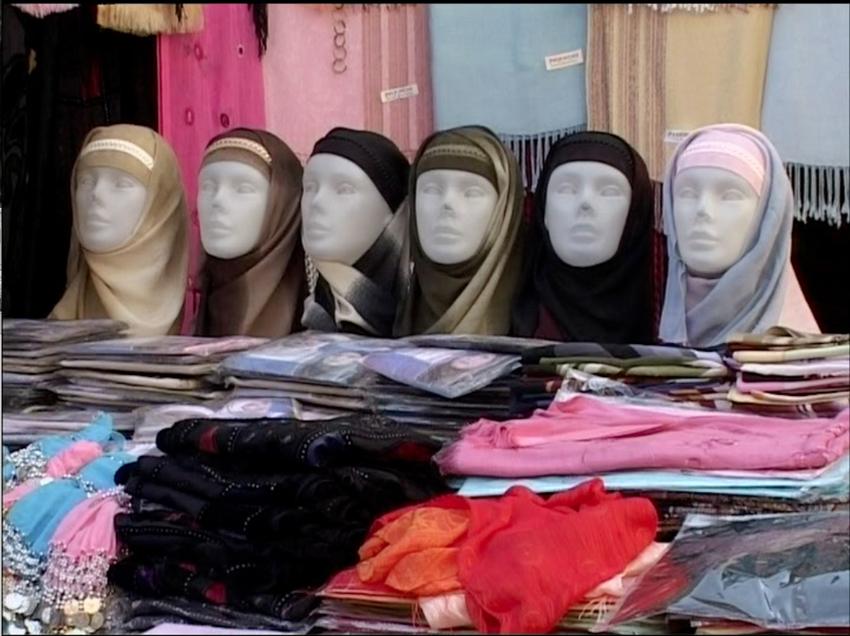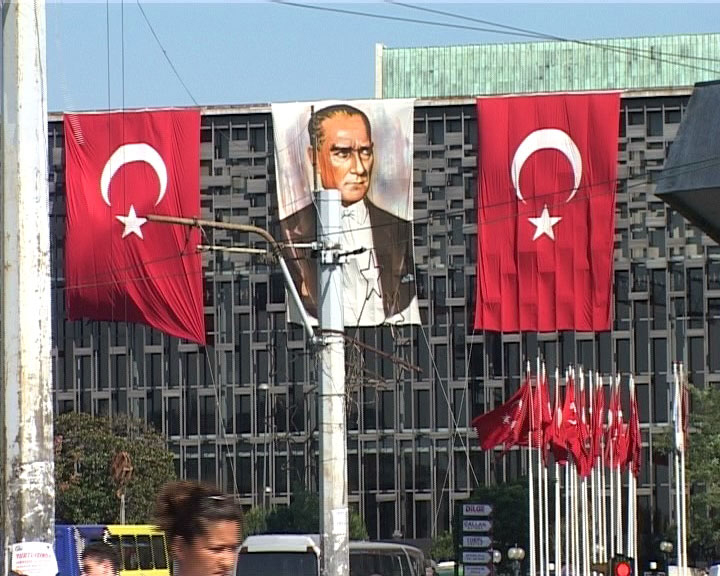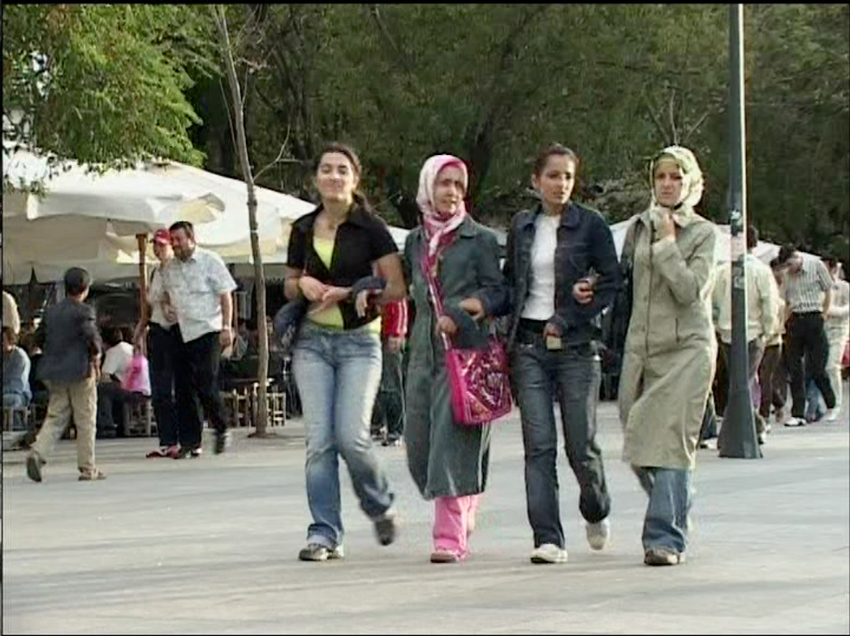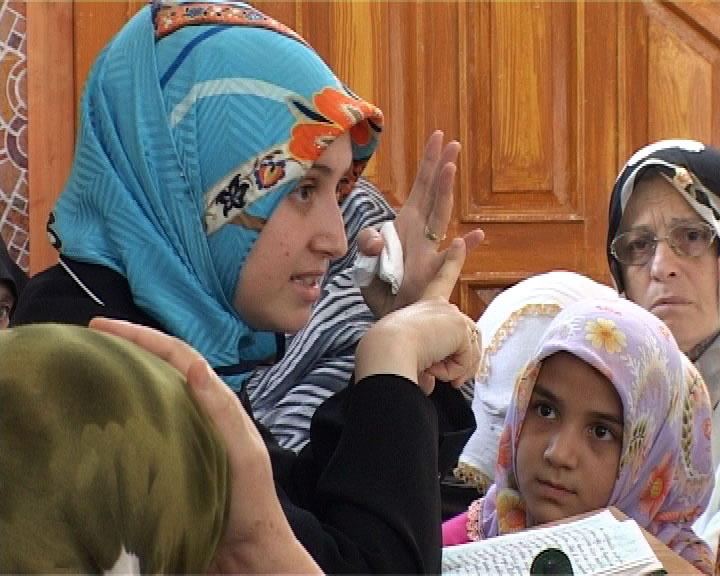Women of Turkey: Between Islam and Secularism
Lebanon/Turkey | 2006 | 52 minutes | Color | DVD | Subtitled | Order No. 111023
SYNOPSIS
PRESS
"Women of Turkey: Between Islam and Secularism" uses the issue of the veil as an anchor point in the examination of gender issues, the separation of religion and state, and the relationship of Turkey and the European Union. The subjects of the film provide a perfect example of how gender, nationalism, and religion can intersect in complex ways, ones that transcend stereotypes about Muslim women. The multi-faceted portrait of Istanbul that emerges is fascinating and invaluable in complicating Western discourses about Turkey in particular, and more broadly about Islam.
SCREENING HIGHLIGHTS AND AWARDS
- New York Film Festival
- Dubai Film Festival
- Beirut Film Festival
- Istanbul Film Festival
ABOUT FILMMAKER(S)
Olga Naccache was born in Mersin, Turkey to a Lebanese father and a Syrian mother. Naccache was raised in Beirut, where the family relocated in 1956. After studying Arabic literature and journalism, she worked as an Assistant Director for various television stations during the Lebanese war. She started directing and producing her own films, including Lebanon: Bits and Pieces, Turkish Woman Unveiled, Tazi Istambooul, Mother Lebanon and Me, in 1994. Souriya, The Challenge is her latest film on the war on Syria. (2016)




